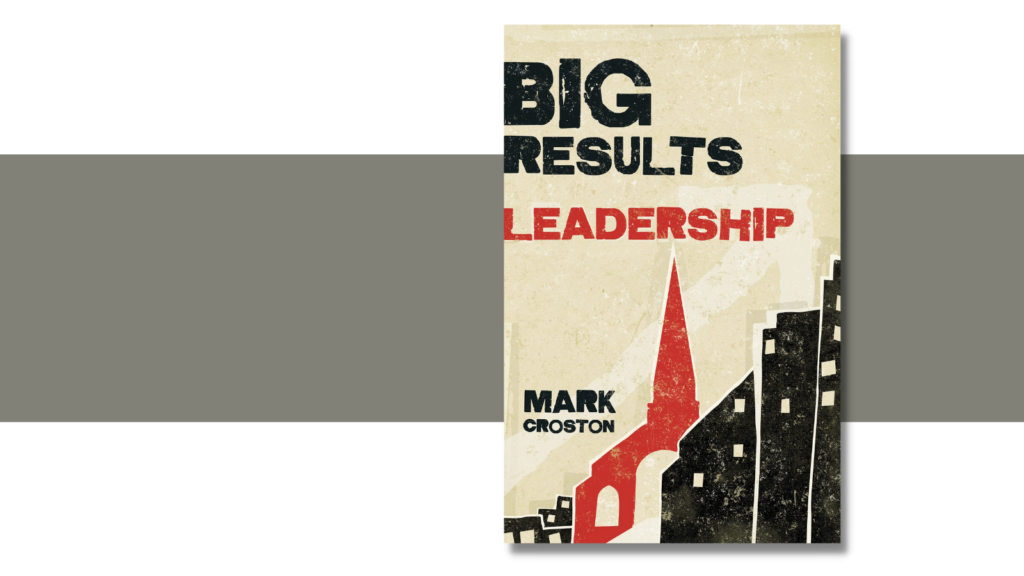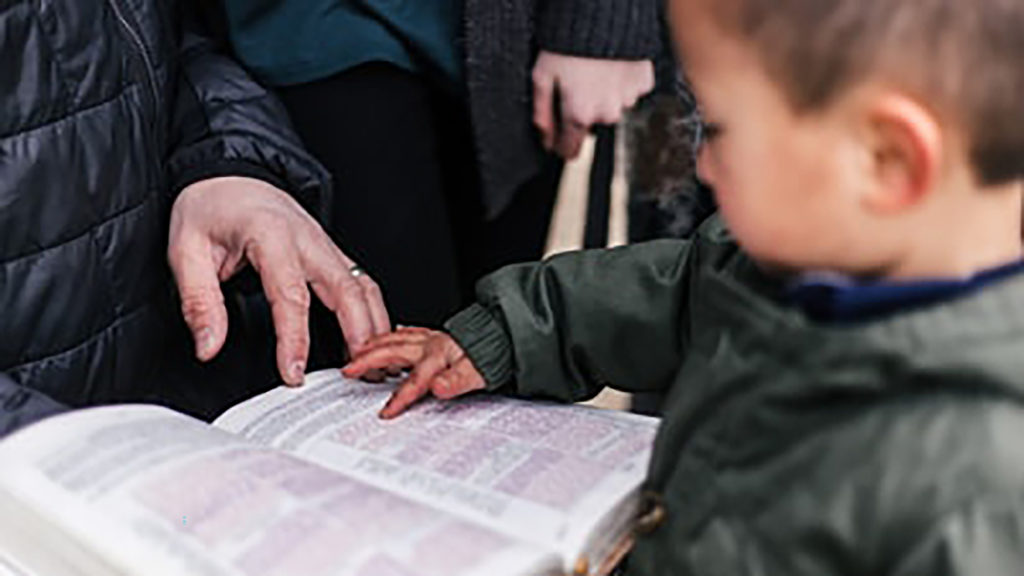Jonathan and Maya Moore Irons met in an unlikely way. Jonathan had been wrongfully convicted and had a 50-year sentence. Maya was an Olympic gold medal-winning WNBA basketball player who was involved in prison ministry. Together they fought the biggest battle of their lives, eventually getting Jonathan’s conviction overturned.
Jonathan grew up living with more than 20 cousins in his grandmother’s house.
“It was a rural area and it was pretty segregated,” Jonathan said. “We grew up below the poverty line. We still joke about the need to climb up a ladder just to say that we were poor. I mean, we didn’t have a functioning toilet and went to the bathroom in a 5-gallon bucket. We used to bathe in a tin tub.”
The house was heated by a wood-burning stove. Classmates made fun of him because he smelled like smoke. The smell was so strong that a teacher once put an air freshener under his desk.
Much later in life, smoke saved him.
Having no positive male role models, Jonathan started going the wrong direction and was noticed by police. At 16 years old, he was wrongfully arrested and convicted for a burglary and a nonfatal shooting and spent the next 23 and a half years in prison.
Education
Meanwhile, Maya was being raised by a single mother and extended family. She was surrounded by love but had cultural challenges as a minority in the middle of Missouri.
She fell in love with basketball in the third grade and continued this passion when she and her mom moved to metro Atlanta for the second half of her childhood. There she experienced more diversity and basketball opportunities.
“The extended family I grew up with were solid people of faith who gave me good examples of people just showing up and loving well,” Maya said.
Both loved to learn, even amid educational challenges.
Maya had a rough time at school and was assumed by her teachers to have attention-deficit/hyperactivity disorder until they found out she was academically gifted. The move to Atlanta and a fourth grade teacher who was able to channel Maya’s energy provided more options for educational success.
Jonathan was also thought to have ADHD but ended up in a much rougher school — adapting to prison.
“Prison was a place that helped me find my ability to adapt and survive and become grateful for the small things in my life — basically opened my eyes to so many different things in society. I started to educate myself. I became hungry for knowledge,” Jonathan said.
His cell became his university. Learning became his way to escape the circumstances of living there.
Hardships
Looking back, both Maya and Jonathan see how God had been present and working in their lives amid their hardships.
Jonathan’s grandmother had read an illustrated Bible in the evenings after dinner with the children. She got down on her bad knees and prayed with them every night. Later, he saw God’s favor by being able to utilize the prison’s library more often than usually allowed and by being mentored by some of the men there.
Maya had more of a traditional faith background and grew up going to church with her mother.
“People who were walking with the Lord really modeled for me just showing up and being genuine and faithful as you can be in your family and in your community. Looking back I see that I had good role models helping to form me in those ways even before I was aware of what it looks like to love people,” Maya said.
But it wasn’t until she was in college that Maya became “alive in God” and had a hunger for learning all about the Bible.
Meanwhile, smoke was again a defining factor in Jonathan’s life, bringing him back to his grandmother’s God.
At the time he was very depressed and angry, thinking that God knew he was innocent and had done nothing about it. However, he started writing down prayers and realized they were being answered.
One day he wrote a very specific New Year’s prayer about being free.
In prison, there is no privacy. One day when he was feeling especially trapped he went to a smoke pit and set his letter on fire. Even though he could have been sent to “the hole” — solitary confinement — he didn’t care who saw him. What else could they do to him?
Calling it his “Hail Mary prayer,” he prayed while watching the smoke, “I’m not going to keep worrying if You’re real or not.” Then he was planning to “be done” with God.
But nothing happened. No one caught him. As soon as the fire pit had finished smoking, a supervisor saw him but didn’t punish him. Three or four correctional officers walked by and didn’t notice anything.
“The timing of it was like, wow! As I look back on that New Year’s prayer, my life is a clear reflection of it. I have experiential knowledge and have seen the evidence of Him listening to my prayers, having seen things play out in my life.
“God brought me through that place — maximum security prison life — and I came out not smelling like smoke. There’s no other explanation for that,” Jonathan said.
The couple’s memoir, “Love & Justice: A Story of Triumph on Two Different Courts,” shares the full story of how they met and became a team that eventually was able to get his conviction overturned.
They now have an advocacy ministry for criminal justice reform and mentoring disadvantaged youth. Learn more about it at www.winwithjustice.org.






Share with others: